Pulitzer Prize-winning books
Joseph Pulitzer, a visionary newspaper publisher and Hungarian immigrant, single-handedly raised the bar for American journalism. Establishing the first collegiate-level journalism program at Columbia University, Pulitzer further endowed the university with guidelines and funds to establish the Pulitzer Prize “as an incentive to [journalistic] excellence,” states the Pulitzer website. There are currently 23 categories, most in journalism, but with a handful for books, including fiction, general nonfiction, history, biography, drama and poetry. According to the prize rules, authors must be American. First awarded in 1917, winners receive a certificate and $15,000 cash. The 2024 winners will be announced on May 6. Visit www.Pulitzer.org for more information.
This month’s recommended reading is a selection of Pulitzer Prize-winning books.
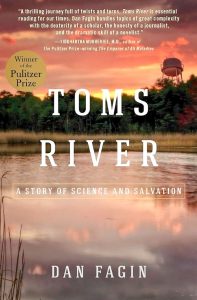
Toms River: A Story of Science and Salvation by Dan Fagin; 2014 general nonfiction. A story more than three decades in the making, Fagin unravels deceptions of corporate avarice that led to childhood cancer clusters in Toms River, New Jersey. Described by publishers as “a riveting narrative, hard-hitting investigative reporting, a ripping scientific detective story, deep historical research and an unforgettable cast of characters…that will leave readers asking, could this happen in my town too?”
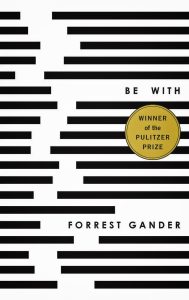
Be With by Forrest Gander; 2019 poetry. “A collection of elegies that grapple with sudden loss, and the difficulties of expressing grief and yearning for the departed,” declares the brief synopsis on the Pulitzer Prize winner list.
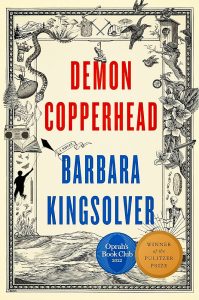
Demon Copperhead by Barbara Kingsolver; 2023 fiction. A modern reinventing of Dicken’s David Copperfield, Kingsolver explores institutional poverty in the American South as the reader follows a boy through the “modern perils of foster care, child labor, derelict schools, athletic success, addiction, disastrous loves and crushing losses…while reckoning with his own invisibility in a popular culture where even the superheroes have abandoned rural people in favor of cities,” reads the book blurb.
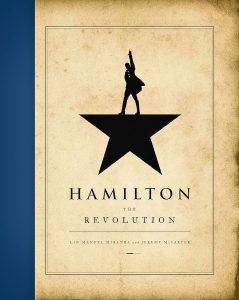
Hamilton by Lin-Manuel Miranda; 2016 drama. “A landmark American musical about the gifted and self-destructive founding father whose story becomes both contemporary and irresistible,” reads the Pulitzer website. Miranda’s book and musical were based on Ron Chernow’s book Alexander Hamilton.
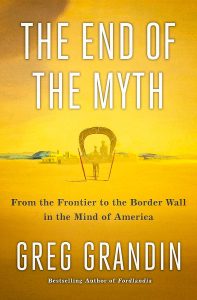
The End of the Myth: From the Frontier to the Border Wall in the Mind of America by Greg Grandin; 2020 general nonfiction. Grandin presents “a new and eye-opening interpretation of the meaning of the frontier, from early westward expansion to Trump’s border wall,” states the book description. It offers a new perspective, rooted in American historical ideology that unravels the modern rise of populism, polarization and racist nationalism.
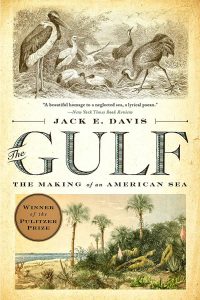
The Gulf: The Making of an American Sea by Jack E. Davis; 2018 history. Environmental historian Davis “tells the larger narrative of the American Sea – from the sportfish that brought the earliest tourists to Gulf shores, to Hollywood’s engagement with the first offshore oil wells – as it inspired and empowered, sometimes to its own detriment, the ethnically diverse groups of a growing nation,” states the book summary.

The Emperor of All Maladies: A Biography of Cancer by Siddhartha Mukherjee; 2011 general nonfiction. This book takes the reader through history thousands of years from cancer’s first documentation to the present day. “The story of cancer is a story of human ingenuity, resilience and perseverance, but also of hubris, paternalism and misperception,” states the back blurb. With cancer as the overarching protagonist, this book deals with the history, present and future with the aim of demystifying the insidious disease.

American Prometheus: The Triumph and Tragedy of J. Robert Oppenheimer by Kai Bird and Martin J. Sherwin; 2006 biography. This book follows “the father of the atomic bomb” from early education through the remaining six decades of his life. “Exhaustively researched, it is based on thousands of records and letters gathered from the archives in America and abroad, on massive FBI files and on close to a hundred interviews with Oppenheimer’s friends, relatives and colleagues,” touts the book description. The 2023 Oscar winning movie Oppenheimer was based on this book.
By Celeste McNeil; courtesy photos